
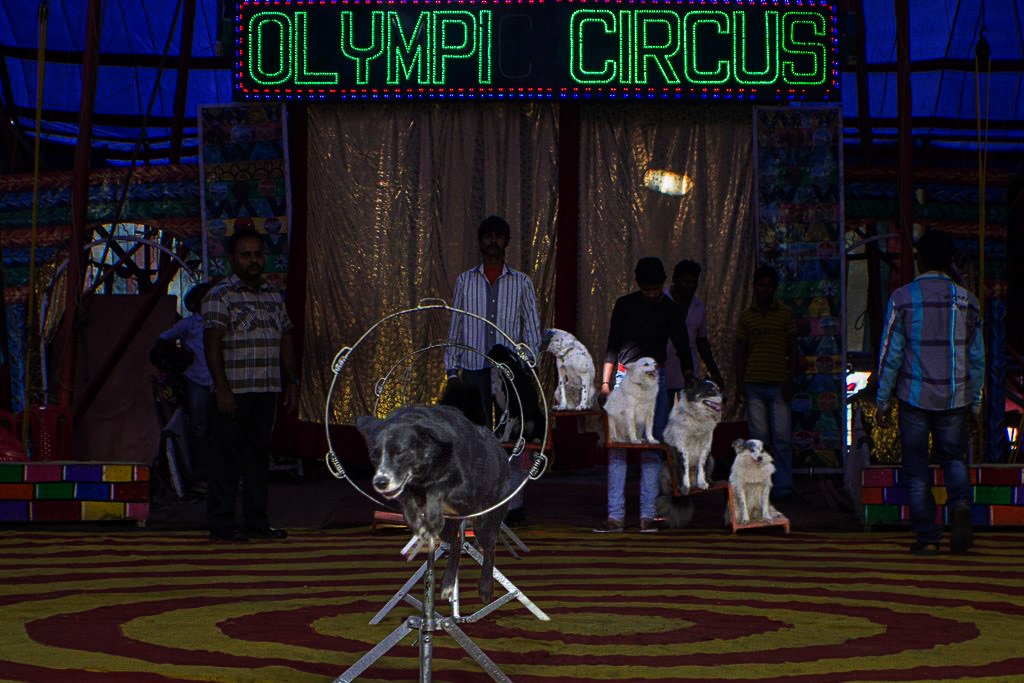
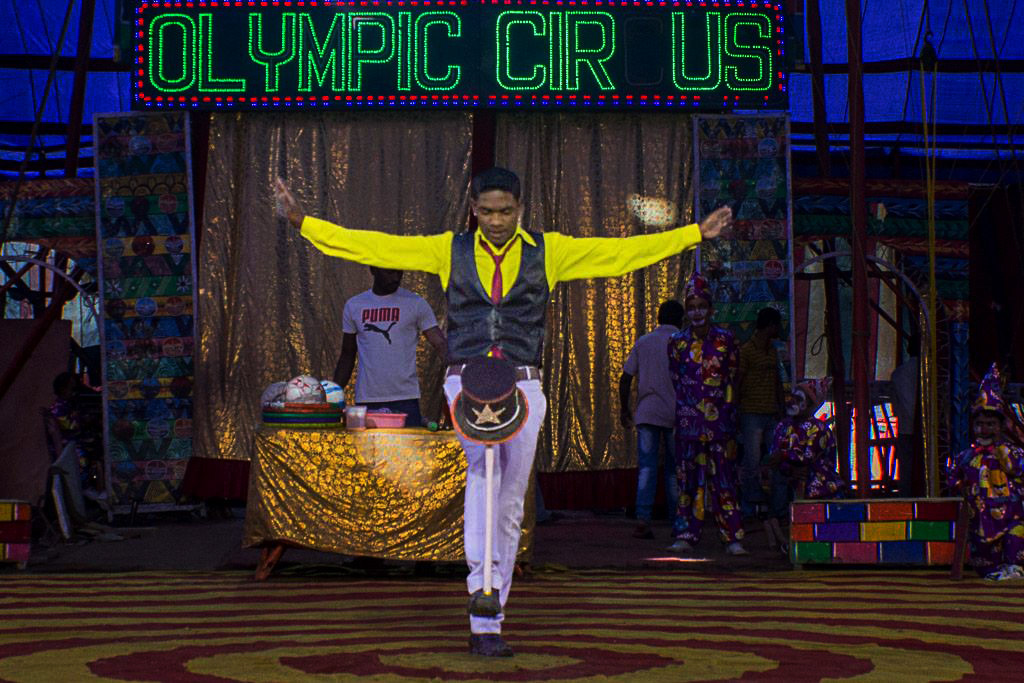

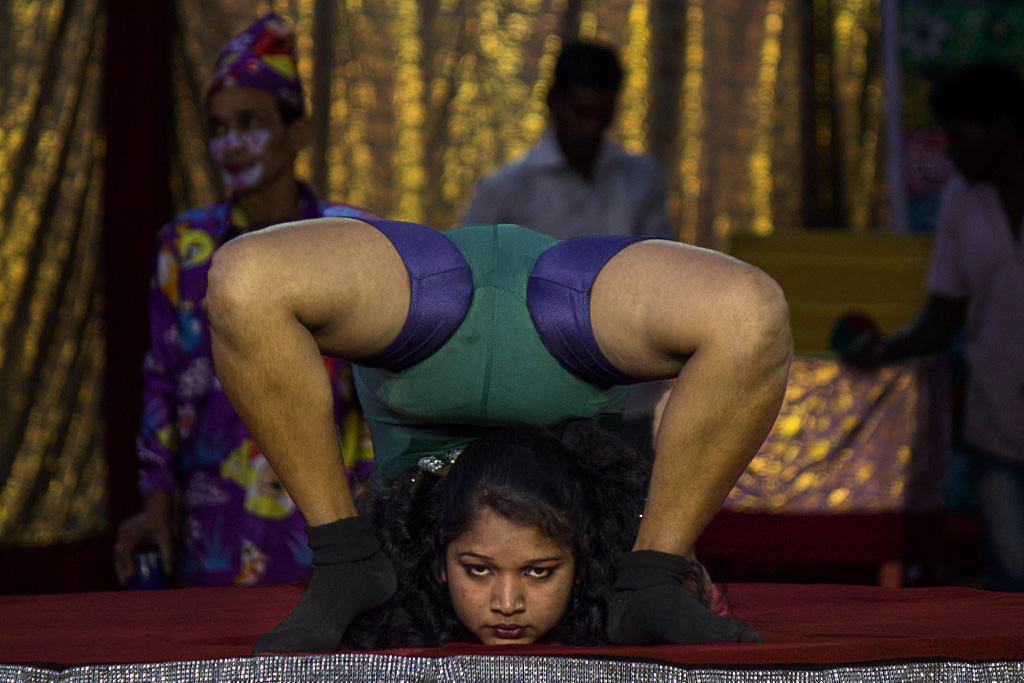
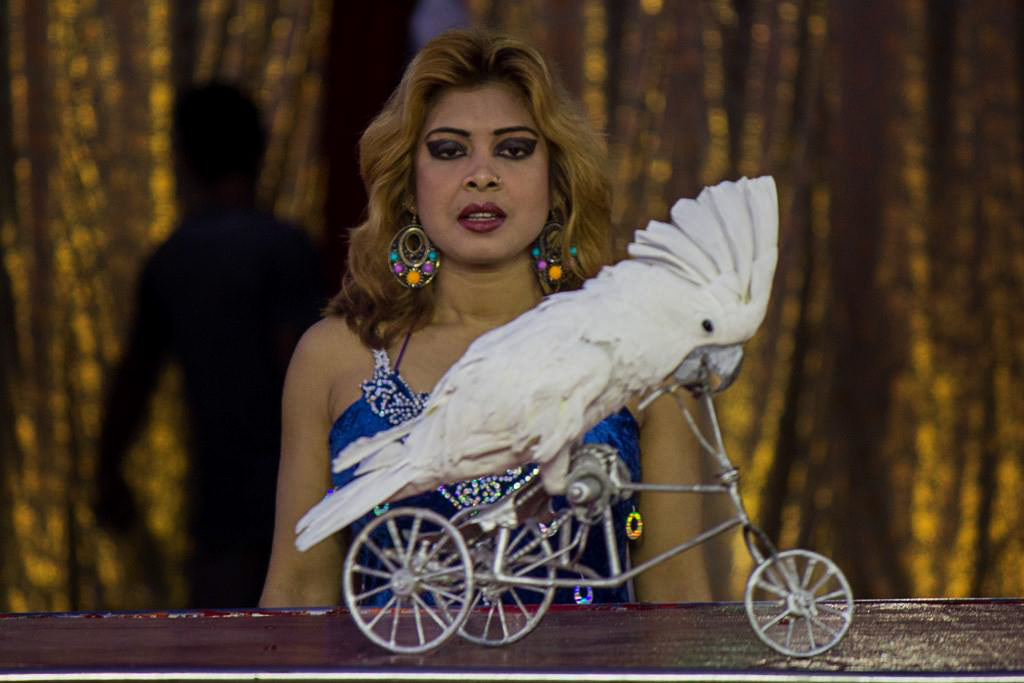
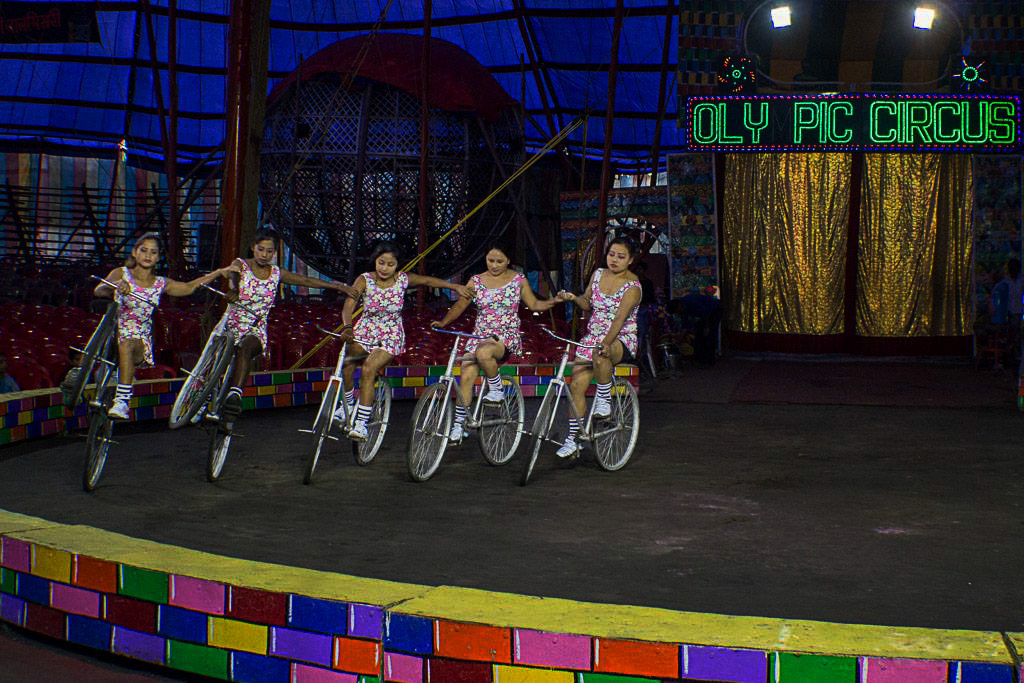
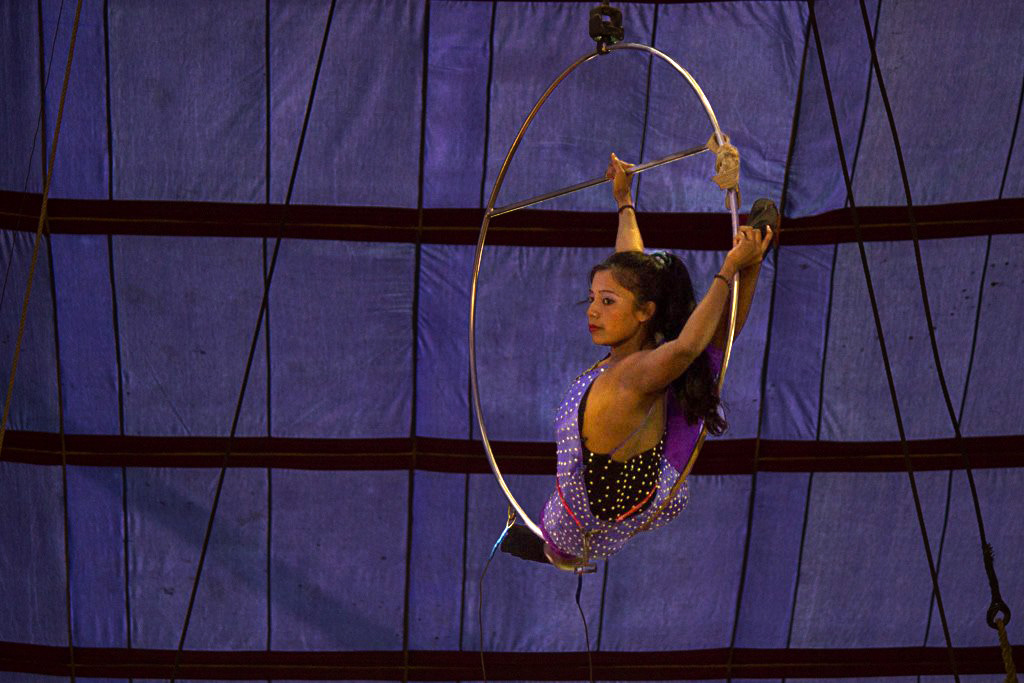
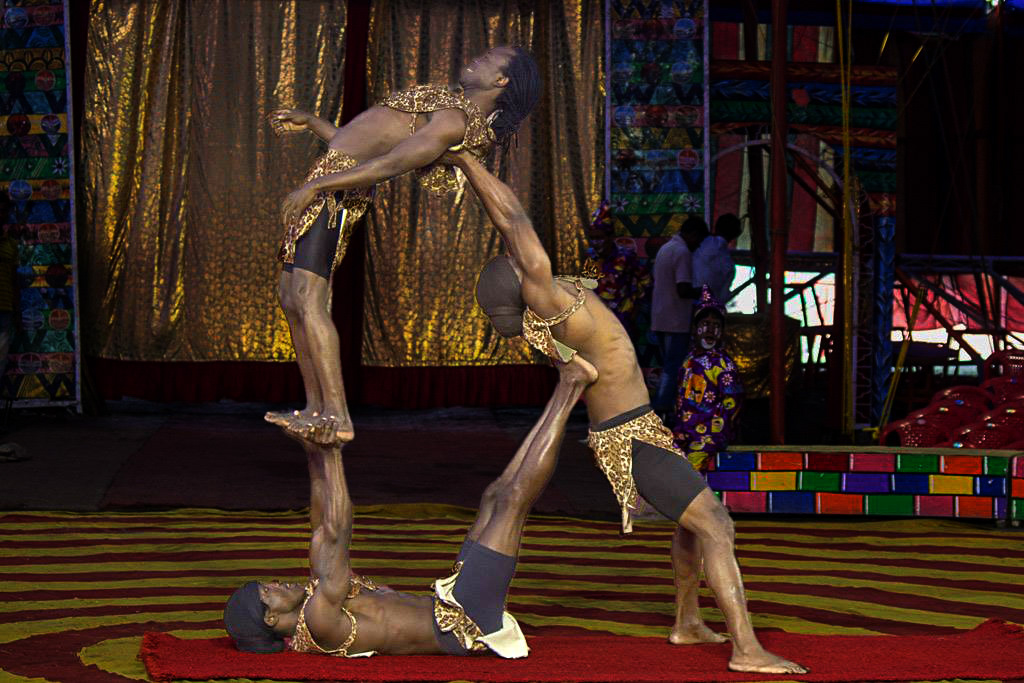
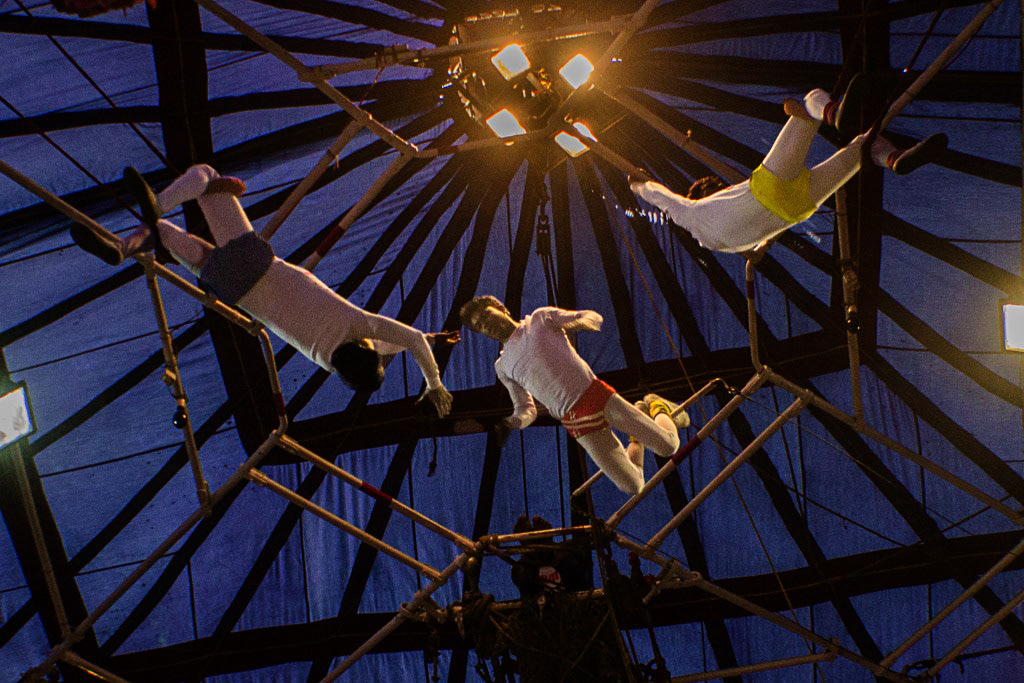
The circus, a vibrant and fun-loving show, has long been a source of entertainment that captures the hearts and imaginations of audiences worldwide. With its dazzling performances, acrobatics, clown acts, and animal tricks, the circus is often seen as a spectacle that brings joy and laughter. However, beneath its colorful exterior and lighthearted atmosphere, the circus holds valuable life lessons that extend far beyond the ring. Through each act, performers demonstrate key attributes that are essential for personal and professional growth, making it not only an entertaining show but also a learning experience.
First and foremost, the commitment of circus performers is evident in their dedication to their craft. The hours of practice, the discipline required to perfect every move, and the readiness to perform day after day under pressure all showcase the importance of staying committed to a goal. Ownership is similarly portrayed as each performer takes responsibility for their own act, knowing that their performance directly impacts the success of the show as a whole. This sense of ownership fosters a deep accountability and pride in one’s work, essential traits in any profession.
Integrity is also fundamental in the circus world, where trust between performers, animal trainers, and staff is vital. A misstep or negligence can lead to accidents, so maintaining high standards and acting with honesty and respect is key to ensuring safety and success. Excellence is pursued relentlessly, with performers striving to not just meet expectations but exceed them. Whether it’s executing a daring trapeze act or perfecting a juggling routine, the pursuit of excellence ensures the show’s quality.
In addition, communication plays a critical role, as performers need to coordinate with each other during complex routines. Clear, open communication ensures that timing is perfect and that the team functions like a well-oiled machine. This brings us to teamwork, which is an integral part of every circus performance. Whether it’s a group of acrobats catching each other mid-air or a clown ensemble working in tandem, the ability to collaborate effectively is what makes a successful show. Balance, both literal and metaphorical, is another important lesson. Performers must maintain physical balance during risky stunts, while also finding harmony between their professional and personal lives.
Behind the scenes, the circus operates with a well-structured system, where each performer, technician, and staff member has a distinct role that contributes to the smooth running of the show. And finally, consistency is essential. A circus show must go on, no matter the challenges, which requires performers to maintain a high level of performance day in and day out, without letting fatigue or setbacks affect their quality.
In this way, the circus, while a source of entertainment, subtly instills vital life lessons such as commitment, ownership, integrity, excellence, communication, teamwork, balance, system, and consistency—qualities that help build character and resilience in both personal and professional life. The fun and excitement of the show serve as the perfect backdrop for these profound teachings, making the circus not just a spectacle, but an invaluable learning experience.









